1. E-learning support
Faculty of Medicine is using the University’s e-learning system, which is accessible at estudij.um.si
The system is connected to the Academic Information SubSystem (AIPS) which allows that all students, teaching staff and subjects are in the e-learning system. It is based on the e-learning software platform Moodle (moodle.org) that is being used in over 70.000 teaching institutions around the world.
Students log in the system by using the procedure of AIPS!
Teachers have to apply for username and password contacting alojz.tapajner@um.si
On teachers’ request presentations of e-learning and workshops for use of Moodle are organized. In the case of interest, please contact prof. Dejan Dinevski at dejan.dinevski@um.si
2. Virtual patients
Virtual patients are an interactive computerized simulation of real-life clinical scenarios. It is a relatively fresh e-learning technology that uses multimedia, interactive elements and simulation of clinical work with patients. Detailed description of the teaching technology behind virtual patients, construction of cases, its use and role in medicine have been well described in this article. Authors also write about the beginnings and development of use of virtual patients at Faculty of Medicine University of Maribor.
We use the MedU system (www.med-u.org) for virtual patients. The system has been built and is maintained by a consortium of more than 120 medical schools in USA and Canada.
Accessing instructions:
Students: Can only be invited to join. In case invitation was not received please contact the lecturer.
Lecturers: If you want to use virtual patients as an assistant, mentor or professor in a teaching process (in these roles you get additional information and management access for supervising students’ progress), please send a request to prof. Dejan Dinevski.




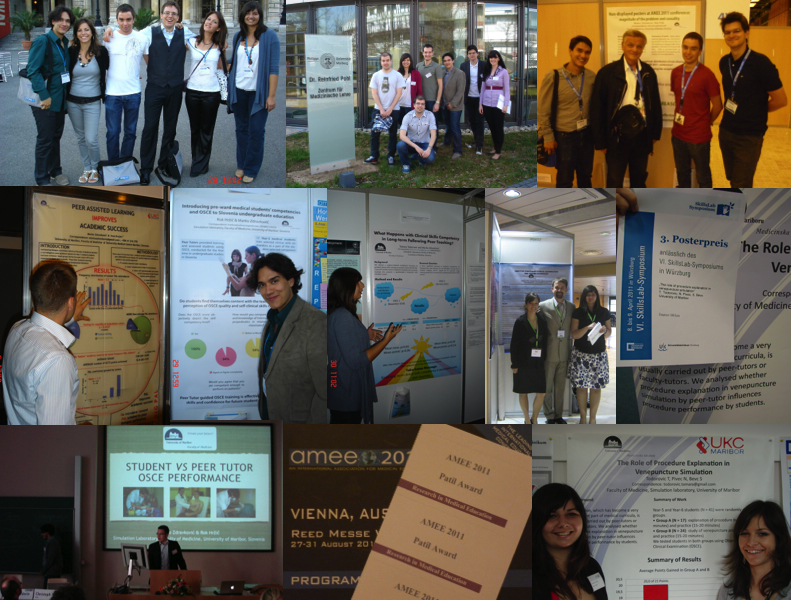
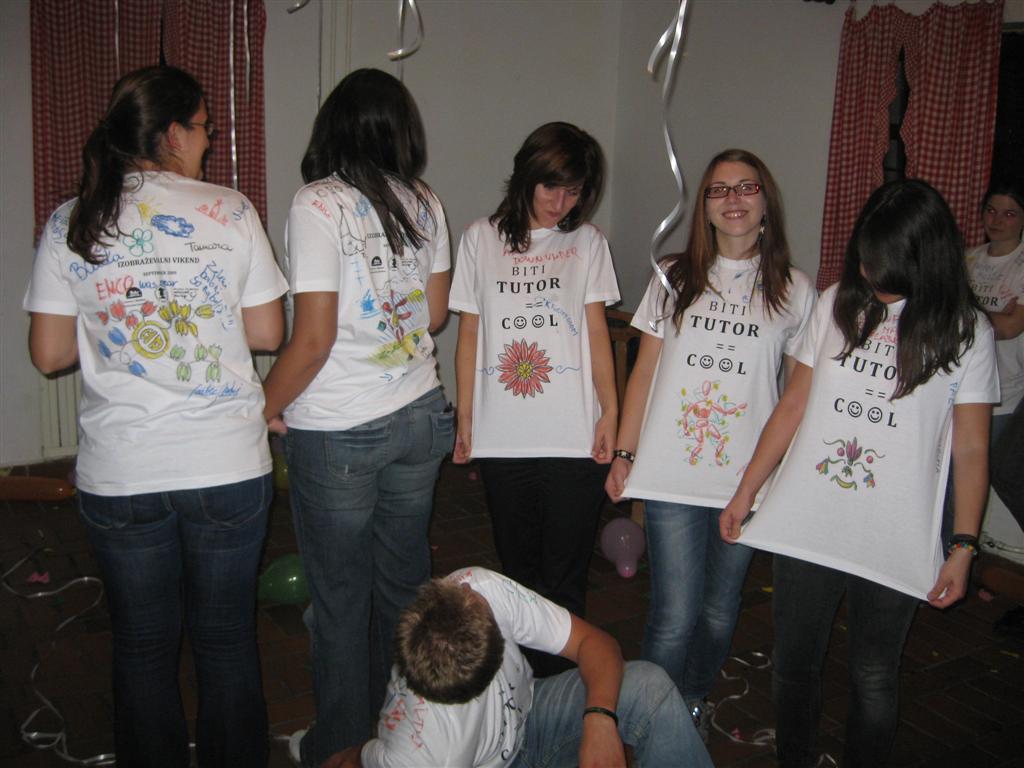
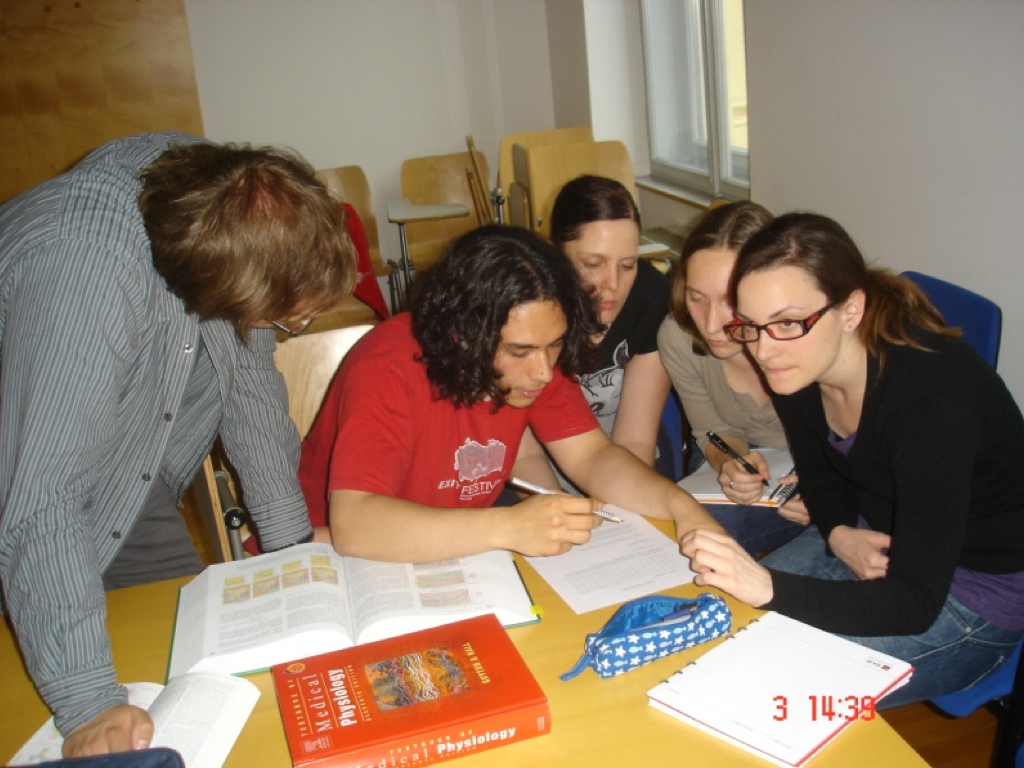
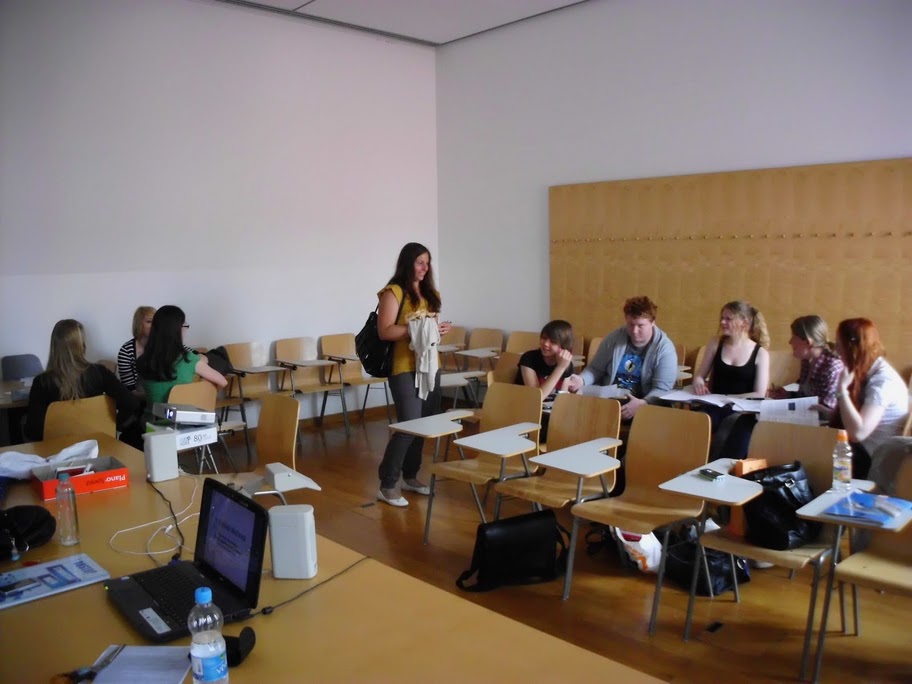
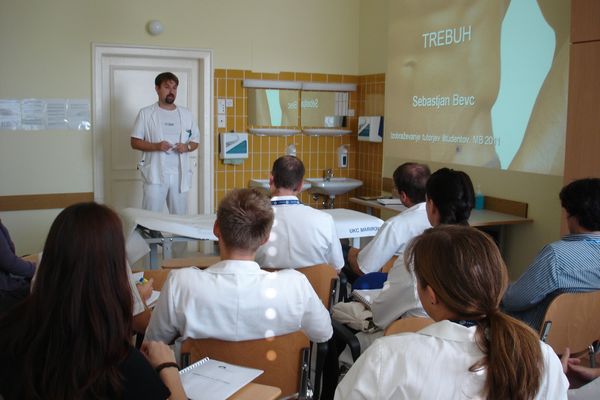
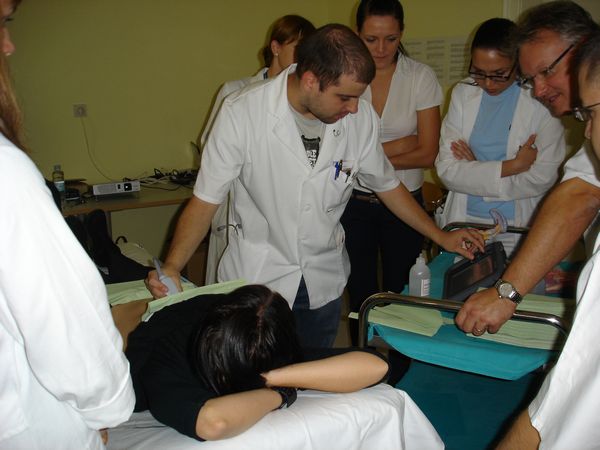
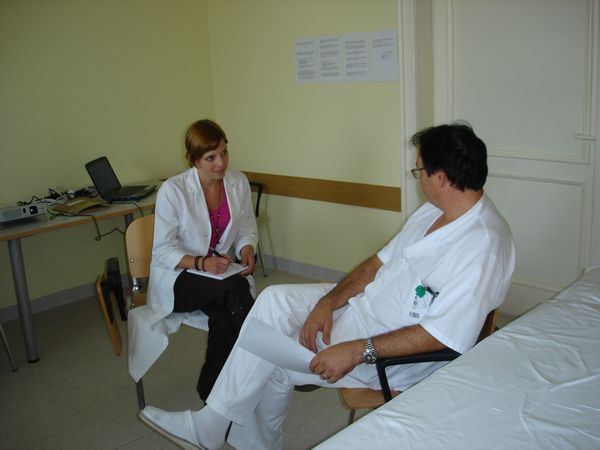
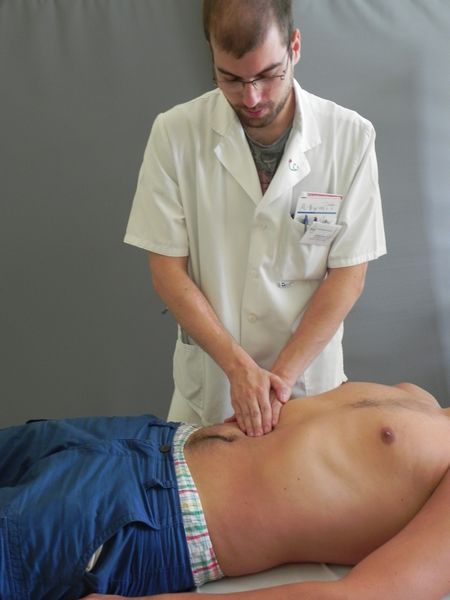
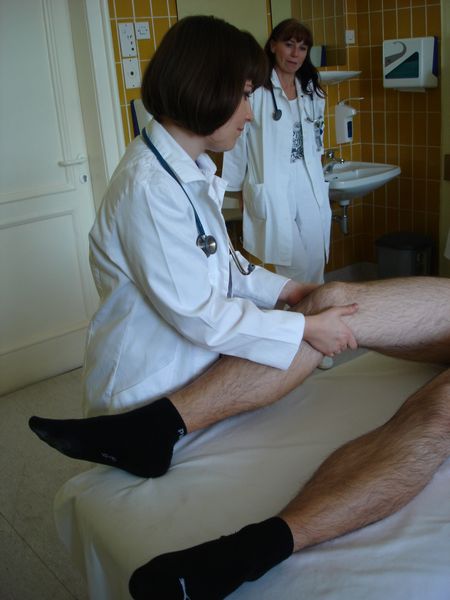
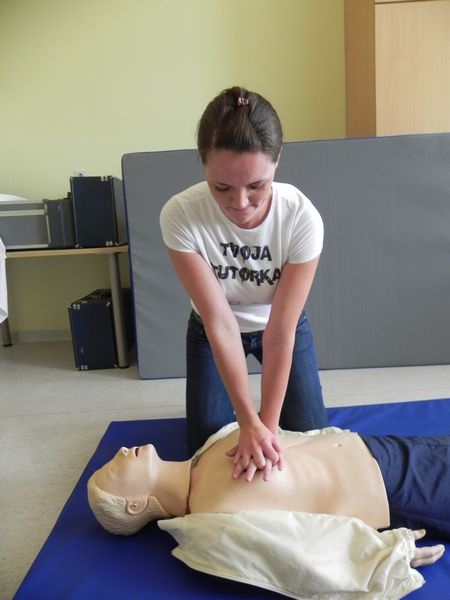
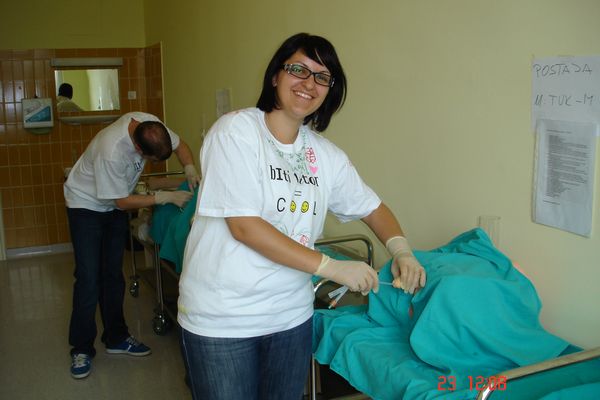
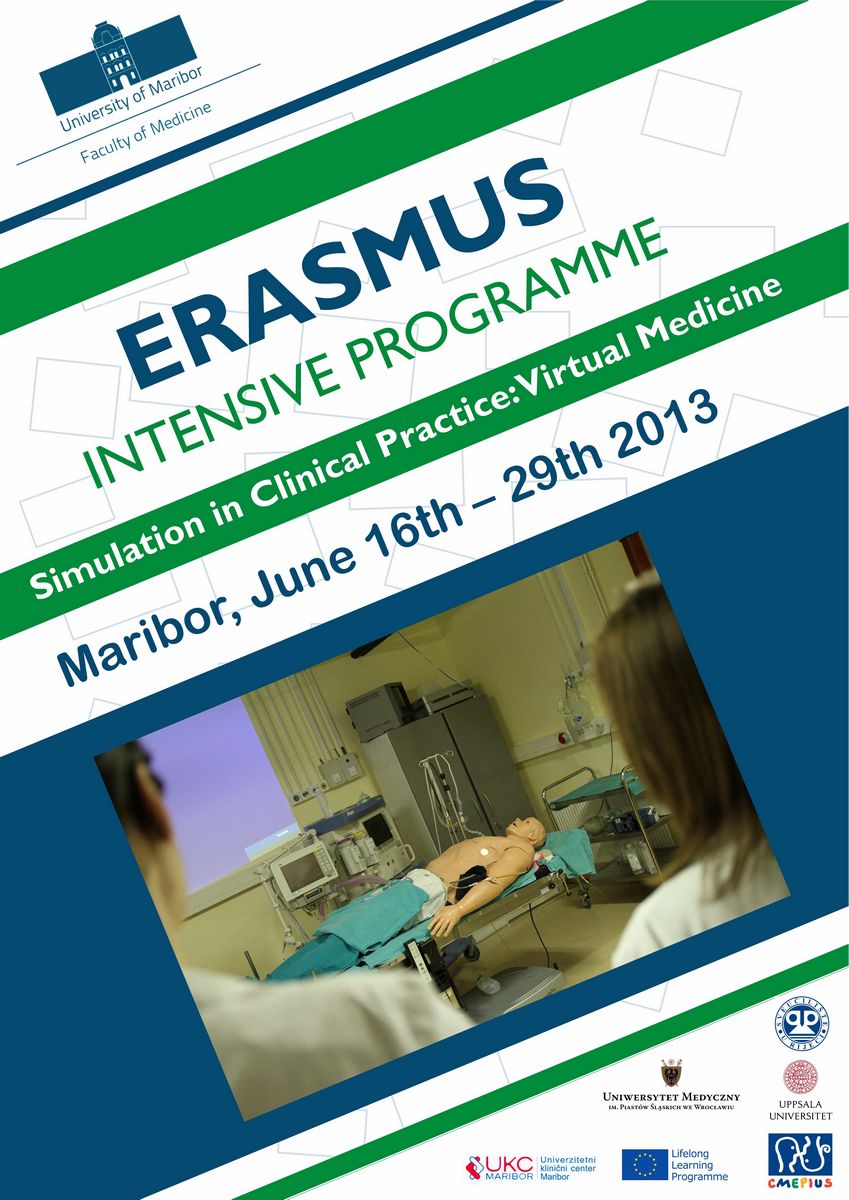 So far we have kept to the schedule and all the participants are really involved in the sessions. The interactivity is booming and hopefully the enthusiasm in simulation is going to keep rising. The student presentations on simulation at their schools were really good, each followed by a vivid discussion. The clinical skills training part revealed some differences in protocols followed between the countries and students really liked the hands-on training. The teacher group did a fine job preparing the Day 2 assessment. There are some software problems with one of the high-tech simulators and hopefully the service team is going to be able to fix it before the high-fidelity simulation training starts. More can be found on the IP SimClip 2013 webpage.
So far we have kept to the schedule and all the participants are really involved in the sessions. The interactivity is booming and hopefully the enthusiasm in simulation is going to keep rising. The student presentations on simulation at their schools were really good, each followed by a vivid discussion. The clinical skills training part revealed some differences in protocols followed between the countries and students really liked the hands-on training. The teacher group did a fine job preparing the Day 2 assessment. There are some software problems with one of the high-tech simulators and hopefully the service team is going to be able to fix it before the high-fidelity simulation training starts. More can be found on the IP SimClip 2013 webpage. 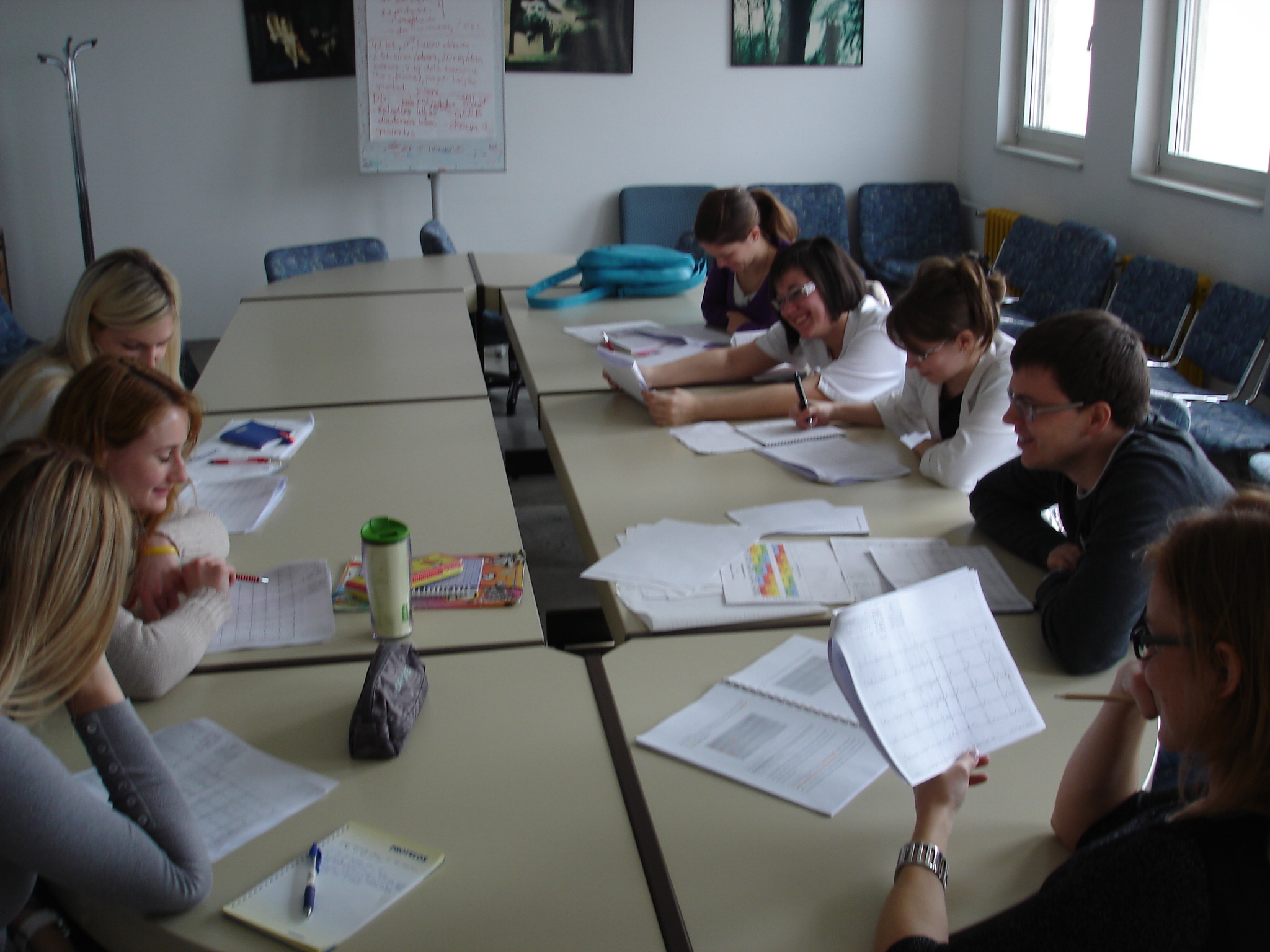 In cooperation with Clinic for internal medicine, Center for Medical Education organized a two day workshop for Year-6 medical students entitled: ECG basics. It was delivered on 14th and 15th of March 2013.
In cooperation with Clinic for internal medicine, Center for Medical Education organized a two day workshop for Year-6 medical students entitled: ECG basics. It was delivered on 14th and 15th of March 2013.